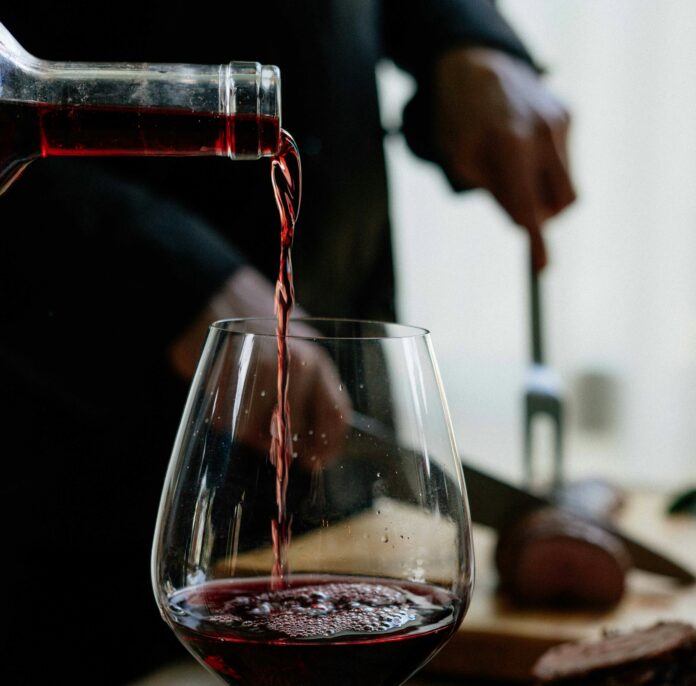We love cooking with wine as much as the next guy, and as the old cliche goes, sometimes we even put it in the food (ba dum tss!) All jokes aside, vino is good for so much more than just getting a buzz on after a long day. A small splash can take almost any recipe from good to great, enhancing flavor and aroma as well as tenderizing proteins. Having said that, it’s essential to choose the right variety for your dish and add it at the proper time. Read on to learn more.
Quality & Type
Potentially the most fundamental rule of cooking with wine is to never add a wine to your food that you wouldn’t drink on its own. The flavors will intensify as the alcohol evaporates, so choose a high-quality wine in a variety that will complement the rest of your dish. For example, dry white wines like Sauvignon Blanc work well in light dishes like seafood and risotto, while bold reds such as Merlot are more suited to hearty sauces.
Alcohol Content
You’ve probably heard that alcohol, whether it be wine or any other spirit, “cooks off”, but this is actually only partly true. Alcohol does evaporate when heated to 173 degrees Fahrenheit and above, but studies have shown that it takes about 3 hours to remove any and all traces—far too long for the majority of recipes. This isn’t necessarily a reason not to use it, but it is something to be aware of depending on who you’re cooking for.
Timing
The point at which you add wine to a recipe can make a big difference in how it turns out. Added too early, delicate wines may lose their subtlety, while any wine added too late can leave your dish with a harsh, bitter taste. In general, the best rule of thumb is to add wine early in the cooking process to deglaze the pan.






